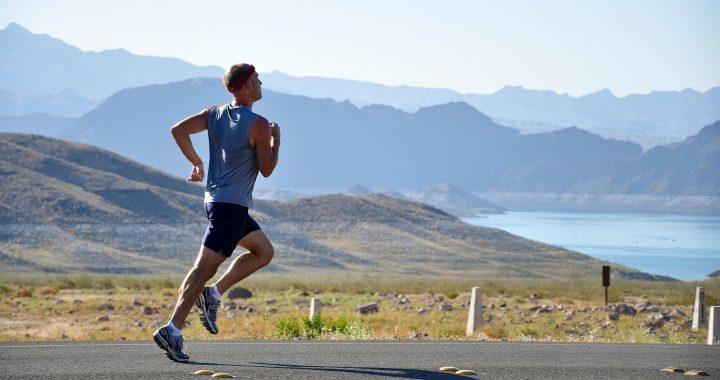Nutrition is the key to your next PB.
What you eat and the supplements you take, could determine your next sporting performance.
This of course depends on the gender, age and the sport that you take part in.
Different people have varying dietary needs.
Dietary supplements are used for sports nutrition by athletes worldwide and studies indicate that elite athletes use them the most!
Although a healthy diet should provide an adequate amount; vitamins function in the human body as metabolic regulators. This influences many of the physiological processes that are important to exercise or sports performance.
Vitamin deficiencies can certainly impair exercise performance.
A daily intake of less than one-third of the RDA for several of the B vitamins (B1, B2 and B6) and vitamin C, even when other vitamins are supplemented in the diet, may lead to a significant decrease in VO2 max and your anaerobic threshold in less than four weeks.
For example, many B-complex vitamins are involved in processing carbohydrate and fats for energy production. This is an important consideration during exercise of varying intensity.
- Several B vitamins are also essential to help form haemoglobin in red blood cells, which is crucial for oxygen delivery to the muscles during aerobic endurance exercise.
- Vitamins C and E function as antioxidants. This is important for preventing oxidative damage to cellular and sub-cellular structures that function when we are exercising or training.
- Vitamin E plays a vital role in the respiration of cells and forming muscle tissue to increase muscular strength.
- Vitamin D is possibly the one supplement that all athletes should consider taking to support their immune system and aid calcium absorption.
- Calcium can relieve painful, performance–destroying cramps. It can help to calm our nerves. This is essential for athletes who suffer from performance anxiety.
It is also needed to activate a number of enzymes needed to produce ATP (adenosine triphosphate) for energy and to break down protein molecules.
It helps in preventing brittle bones (osteoporosis).
- Magnesium is used for more than 300 bodily functions. It assists in energy production, maintaining healthy bone density and aiding the electrical conduction of the heart. Magnesium is an electrolyte because it conducts electrical signals in the body.
Athletes burn off a lot of magnesium and lose more through excessive sweating.
When our electrolytes are replaced with salt and sodium but NO magnesium this leads to a long-term side effect of magnesium deficiency. Magnesium deficiency results in altered cardiovascular function, including electrocardiograph abnormalities, impaired carbohydrate metabolism, with insulin resistance and decreased insulin secretion, and high blood pressure.
Even a mild deficiency causes tinnitus, nervousness, irritability, mental depression, confusion, twitching, fatigue, apprehension, insomnia, muscle weakness and cramps in the toes, feet, legs, or fingers.
- Potassium is an electrolyte, that along with magnesium, sodium and calcium is crucial to replace during exercise. If you do not ensure an adequate amount in your diet, then, your performance will decline! Potassium is a salt that the body uses to help manage several processes, including: sweat, nerve functioning, glycogen and fluid management, and blood pressure.
Supplements?
Obtaining adequate vitamins, including the use of supplements, may be prudent for many athletes. Athletes involved in heavy training may need more of several vitamins.
Some athletes may be at risk of vitamin deficiency.
For example; Those in weight-control sports or those who do not eat a well-balanced diet.
Intense physical activity demands excellent nutrition.
So, supplements may be recommended for some athletes to limit the effects of oxidative stress when performing regular, heavy exercise.
• How good is your sports Nutrition?
• Are you getting enough of the right nutrients?
• Do you need help with supplements?
• Book a Sports Nutrition Session with The FOOD COACH
